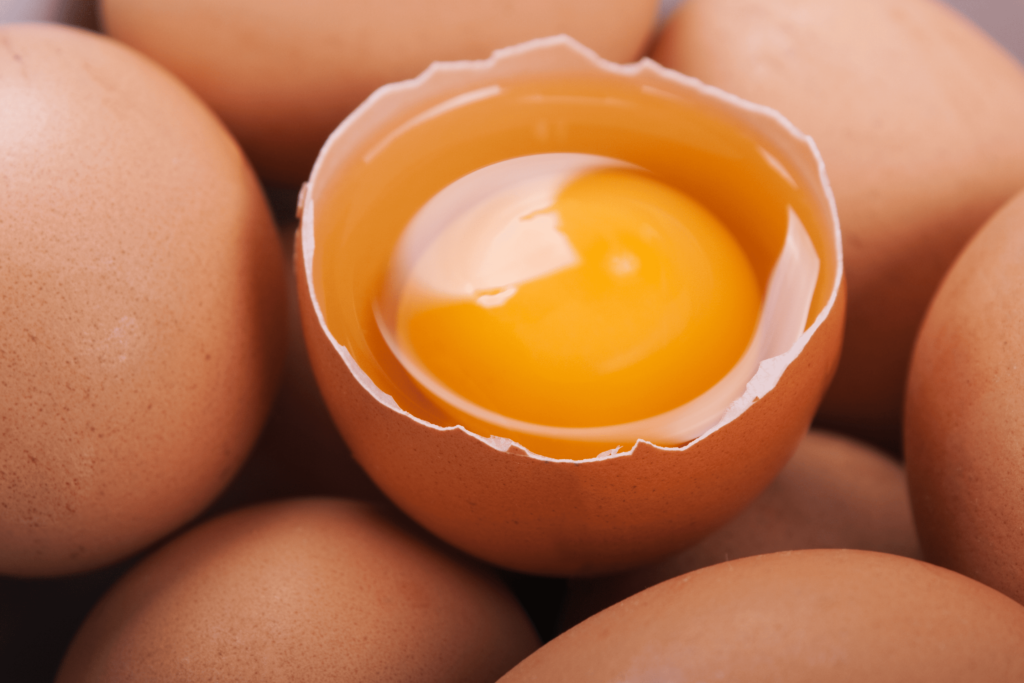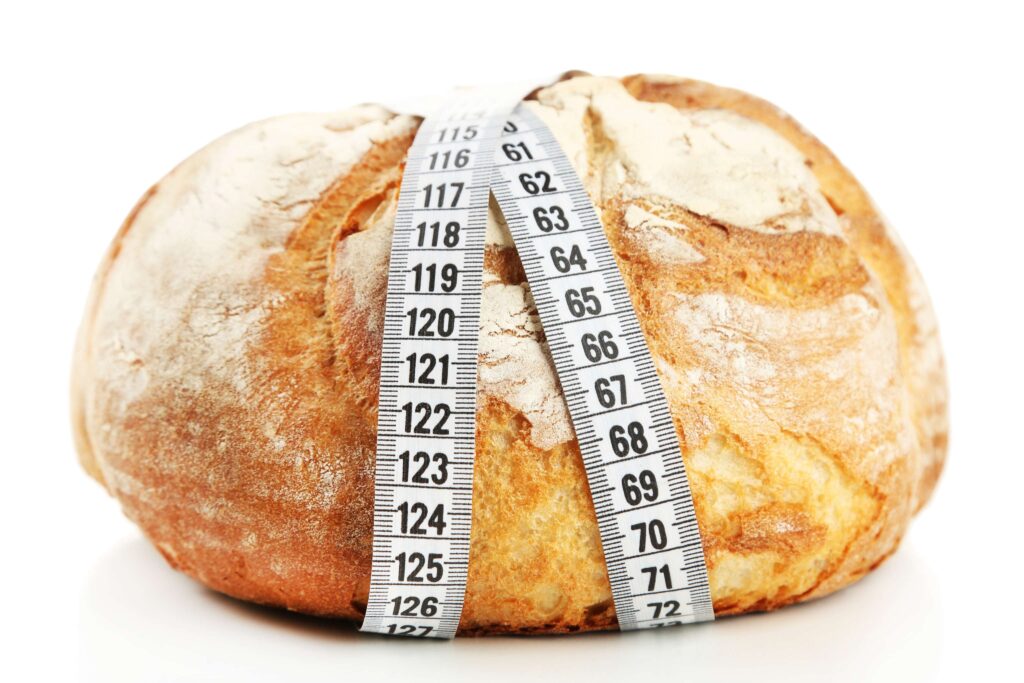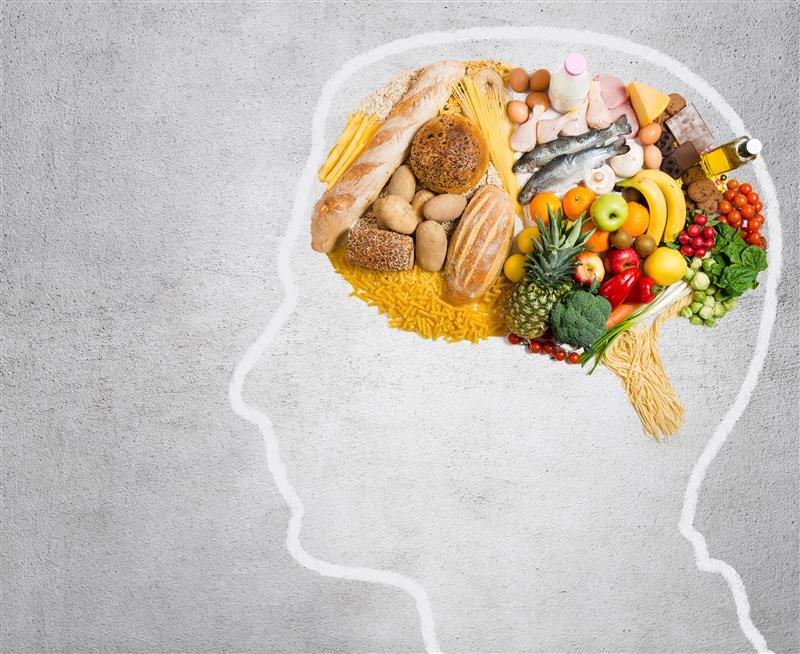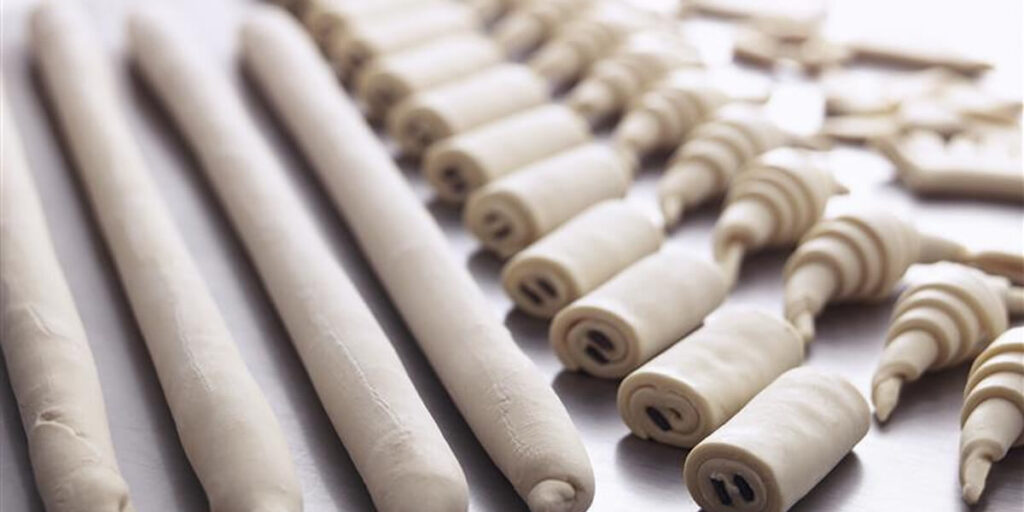Eggs are one of those humble kitchen staples. But do you know they play a multifaceted and crucial role in breadmaking? Let’s discover the various ways eggs transform our dough.
- Adds flavour
One of the primary roles of eggs is their ability to enrich the dough. The addition of eggs imparts richness and depth to the texture, creating a softer crumb and enhancing the overall flavor profile of the bread.
In premium European breads such as Brioche, Panettone, and Pandoro, the eggs take center stage, making up to 40% of the total flour weight. This generous inclusion adds to the rich texture and distinct flavor profiles that characterize these popular bread varieties.
- Adds colour
Beyond contributing to taste and texture, eggs play a pivotal role in enhancing the visual allure of bread. The golden hue they lend during baking elevates the aesthetic appeal of the final bakes, delighting both the palate and the eyes. Additionally, eggs facilitate the Maillard reaction, bringing a glossy, browned exterior, particularly evident in breads and pastries with an egg wash. - A natural emulsifier
Eggs function as natural emulsifiers, combining liquids and fats to achieve a smoother dough texture. Additionally, eggs also play a role in strengthening the gluten network to enable the bread to maintain a good shape and volume. - Extends shelf-life
Eggs contribute to prolonging the shelf life of bread by reducing water activity. They create an environment less conducive to the growth of bacteria, mold, and other microorganisms. This inhibition of microbial activity helps prevent the spoilage of bread, preserving its freshness for a longer duration. Additionally, lower water activity also helps reduce the likelihood of enzymes reactions that can lead to staleness, contributing to the overall stability and shelf life of the bread.
Versatility of egg forms
Eggs, whether fresh, frozen or dried, can be used in breadmaking. Dried egg powder is rehydrated and blended into the dough, providing convenience and a longer shelf life. Fresh eggs are directly cracked into the mixture, offering a natural source of moisture, richness, and leavening. Frozen eggs, when thawed, can be used similarly to fresh eggs, providing a convenient alternative with a longer storage life.
The functions of egg parts
The choice of using whole eggs, egg yolks, or egg whites in breadmaking depends on the desired characteristics of the final bread. The whole egg contributes to the richness and moisture content of the dough and enhances the overall flavor and texture of the bread. The yolks, being rich in fats, enhance emulsification and ensure a smoother texture. Whereas, the whites, when beaten, create stable foams, adding a light and airy quality to the bread.
In conclusion, eggs is more than a basic ingredient in breadmaking. From enriching the dough and adding color to acting as a natural emulsifier and extending shelf life, its contributions are both diverse and indispensable.
Our Baking Center™ support
Is your bakery experiencing technical challenges? Let our team of baking experts help.
Our Baking Center™ is staffed with knowledgeable, skilled bakers, as well as food scientists who are always on hand to support in the areas of: product and process development, technical assistance, formulation, sensory analysis, and training.
Reach out to your local distributor or visit us at lesaffre.com.sg for more information.
Stay up to date with insights on the latest consumer food trends, technical articles, and more! Follow us on Facebook, Instagram and LinkedIn.




